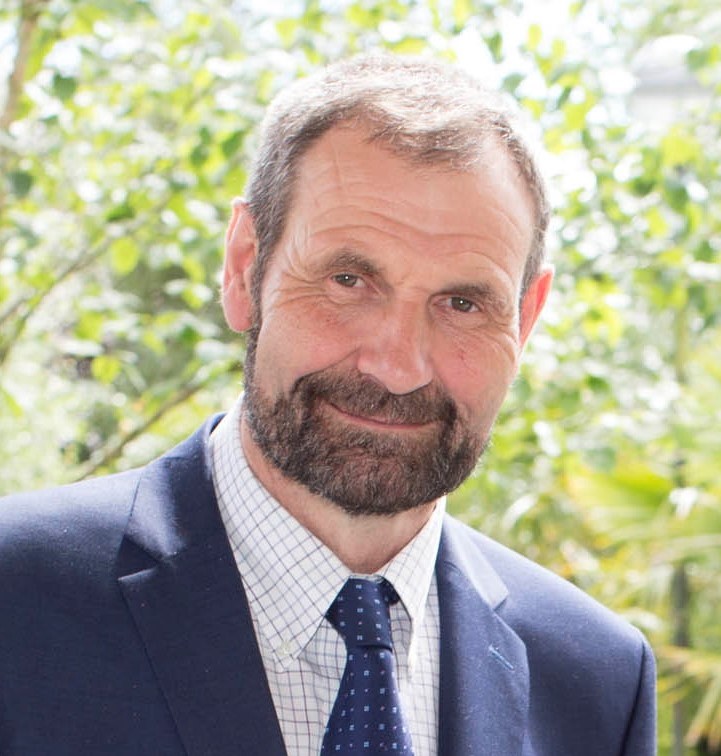Conclusion on CAP Reform by the end of June is in Ireland’s best interest
 Jerry Long – ICOS President
Jerry Long – ICOS President
With a significant upheaval in the policy on the table, Ireland needs to ensure maximum national flexibility on direct payments and redistribution of unspent environmental funds.
22 June: With negotiations on the CAP reform set to resume this Thursday and Friday, ICOS is urging the EU institutions to find consensus on an effective way forward before the end of the month. Having a successful outcome to the negotiations is critically important for the stability and momentum of our agri-food sector.
“Prolonging the discussions risks furthering delaying the implementation of the new CAP, which has already had a two year delay,” said ICOS President Jerry Long.
“June provides a natural deadline with the upcoming summer break in the EU institutions and with the end of the Portuguese Presidency of the Council of the EU, one of the three negotiators of the reform.
“A further delay will hold up the development of our national CAP strategic plan and this will create instability for farmers, who must plan their investments and actions over a long term but yet are still uncertain as to what requirements they will be held to or what sort of support they will receive in a year and a half’s time.
Should the negotiations continue past June, requiring a change in personnel involved, it risks undoing the progress made to date or new elements being introduced, neither of which would likely be beneficial to Irish agricultural interests”
Talks broke down between the CAP negotiators in May due to divergent views on the targeting of direct payments, with issues such as redistributive payments and internal convergence still open, and the level of financing to be directed towards the new Pillar 1 environmental programme, known as Eco-Schemes.
“It is believed that, going into talks this week, negotiations have converged around a figure of 25% of national direct payment funding being dedicated to these Eco-Schemes each year throughout the 2023-2027 period. However, disagreement persists on how countries should manage any unspent funds from these schemes, which are as of yet unknown and untested.
“ICOS is very concerned by the proposed 25% Eco Scheme budget, considering the hugely significant reallocation impact the schemes could have, and which would particularly impact on commercial dairy farmers. We consider, in light of this, that it is an absolute necessity to maintain national flexibility to redistribute unspent funding.
“An equally important consideration for Minister McConalogue and Irish MEPs, when talks resume later this week, is to ensure that flexibility is available on the issue of targeting direct payments. The collective impact of the numerous measures being proposed, on internal convergence and redistributive payments (known as front loading), would mean a radical change to the level of agricultural support and, potentially, a double hit for the dairy sector.
“We hope that a good agreement will come out of this week’s talks, which ensures consistent and effective support for farmers, aiding them in taking environmental and climate action, and not weakening those possibilities for commercial farmers by exposing them to further uncertainty, less support and volatility,” Jerry Long concluded.